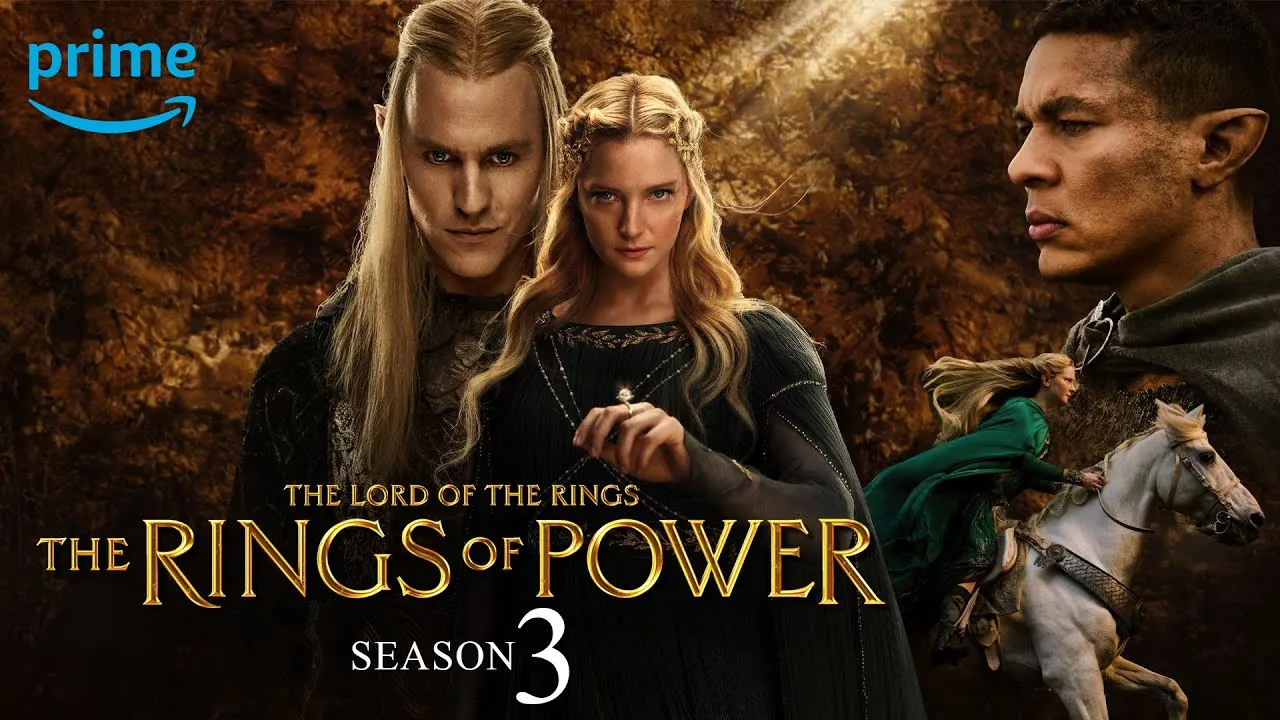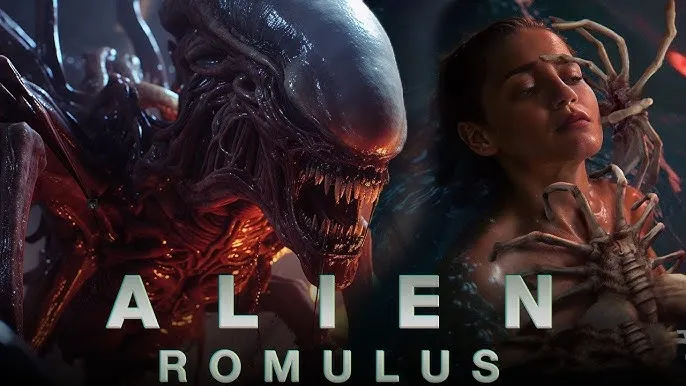Plot Overview
Set in a mythic version of Scandinavia during the early medieval period, the film follows the mighty warrior Beowulf (Ray Winstone) as he sails to the troubled kingdom of King Hrothgar (Anthony Hopkins). The kingdom is plagued by the monstrous creature Grendel, who terrorizes the royal mead hall.
Beowulf defeats Grendel in battle, earning glory and favor—but the victory awakens an even greater threat: Grendel’s seductive and deadly mother (Angelina Jolie), who lures men with promises of power. Years later, an aging Beowulf must face the consequences of his choices in a final battle with a dragon that threatens his kingdom.
A Bold Visual Experiment
Beowulf was groundbreaking for its time due to its use of performance-capture technology, blending live acting with computer-generated imagery. The result is a stylized, surreal visual world that enhances the mythic tone of the story.
While some critics found the animation uncanny, others praised its ambition and detail, especially in scenes of battle and fantasy.
Themes and Tone
Unlike traditional heroic tales, this version of Beowulf explores flawed heroism, pride, temptation, and the cost of immortality. The film questions the meaning of honor and legacy, portraying Beowulf as a complex man torn between glory and guilt.
The tone is dark, adult-oriented, and reflective, offering a more mature and psychological take on the ancient poem.
Performances
-
Ray Winstone gives Beowulf strength and inner conflict, evolving from young warrior to weary king.
-
Angelina Jolie is mesmerizing as the shape-shifting Mother of Grendel, embodying both danger and desire.
-
Anthony Hopkins and John Malkovich add dramatic weight to the royal court, providing political intrigue and moral tension.
Their performances, though animated, retain emotion and presence thanks to the motion-capture technique.
Reception and Legacy
Upon release, Beowulf received mixed to positive reviews. Audiences were impressed by the bold visuals and intense action, while some were divided on the animation style and narrative changes from the original poem.
Still, the film was commercially successful and praised for introducing the classic legend to a modern audience in a visually unique way. It remains a notable example of early digital storytelling experimentation in Hollywood.

Final Verdict
Beowulf (2007) is a visually daring and thematically rich adaptation of a legendary tale. With its blend of ancient myth and modern technology, it stands as a bold attempt to reimagine classic literature for the 21st century. While not perfect, it offers an unforgettable cinematic experience.



-1751004200-q80.webp)